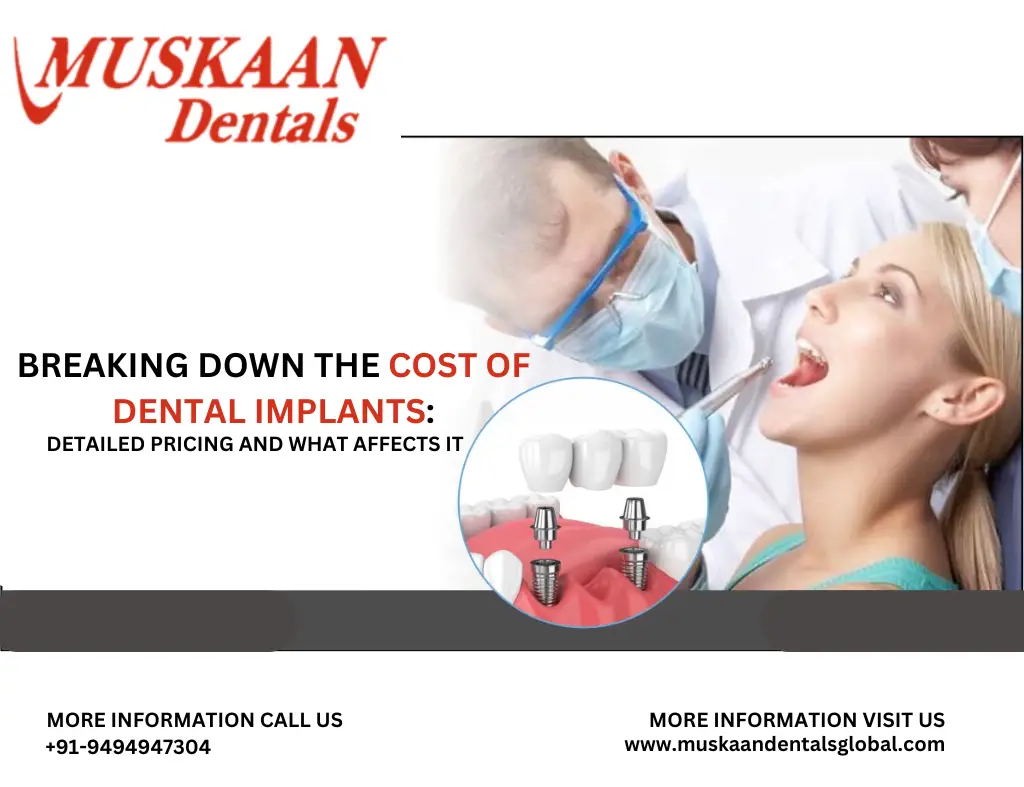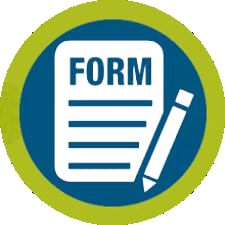A root canal is a crucial method, so pain after a root canal is ordinary. A root canal comprises extensive cleaning inside the canals (the inner chamber of the root) of your tooth, which may afflict surrounding nerves and gums.
The pain shouldn’t stay permanently. A root canal treatment is performed by us to help you avoid the pain associated with a decaying or fractured tooth. It’s typical to encounter mild to moderate pain for a few days after a root canal. Any pain beyond this point may underwrite more cleaning of the canals or other procedures.
Initial recovery period
In the past, root canals were painful. This is one justification why people sometimes resisted such procedures. But our Dentists at Muskaan Dentals have pain-relieving measures that can be used to lessen the fraction of pain you experience during the procedure.
Before the process begins, our dentist will apply a local anaesthetic that minimizes pain. You might however sense difficulty during the cleaning, but you wouldn’t be in pain during the tangible procedure.
As the local anaesthetic wears off after the root canal, you might experience mild pain and sensitivity. This is related to the cleaning process. During the cleaning process, our dentist makes a small opening in the crown of the tooth and cleans out the diseased pulp inside the pulp chamber of the tooth. While uncomfortable, any pain and sensitivity emerging from a root canal should last a few days.
Since the pain experienced after a root canal is usually mild, you’ll likely only need over-the-counter pain medications for relaxation. These include acetaminophen (Tylenol) and ibuprofen (Advil, Motrin IB). We recommend you to check with us before taking these medications to make sure they don’t interact with any supplements or prescriptions you already take.
You should also avoid chewing heavy foods shortly following the root canal, as this can provoke more pain.
When to seek help?
Root canal pain will reduce over time If you take the treatment with us. But, If you still experience pain or swelling, you should consult us. Many people require one to two sessions for a root canal to be prosperous. In terrible situations, you may need additional cleaning sessions. Recurring pain could be a pointer of this.
Your symptoms should ease up if you’re putting up with any over-the-counter pain medications. If they don’t, we may suggest prescription-strength ibuprofen or narcotic pain relievers. These are only obtained on a provisional basis.
Once your tooth is entirely treated, we may put a crown on top of it. These can be created with metal, porcelain, or gold. The idea here is to prevent future harm to an already delicate tooth. Sometimes the pain is a temporary side effect as you get yourself comfortable to a newly placed crown.
Pain Administration
Pain after a root canal will be addressed by us. Beyond taking medications temporarily, there are additional aspects you can do to manage pain from a root canal. Taking care of your teeth is essential, and you should avoid hard and crunchy foods until your pain alleviates. Quitting smoking may also benefit.
You may even assess stress-relieving actions as a technique of pain administration. Meditation, yoga, and tai chi are all exercises that can also take your obsession off of your pain.
Best Root Canal Treatment Clinic.
At Muskaan Dentals, Most of the Root Canal treatments are done in one sitting. The latest instruments and technology make the procedure efficient and fast. The time of the entire treatment is just several minutes, which makes this treatment outstanding. We guarantee you a painless experience during and after your appointment. Reach us out Now for the best treatments.








